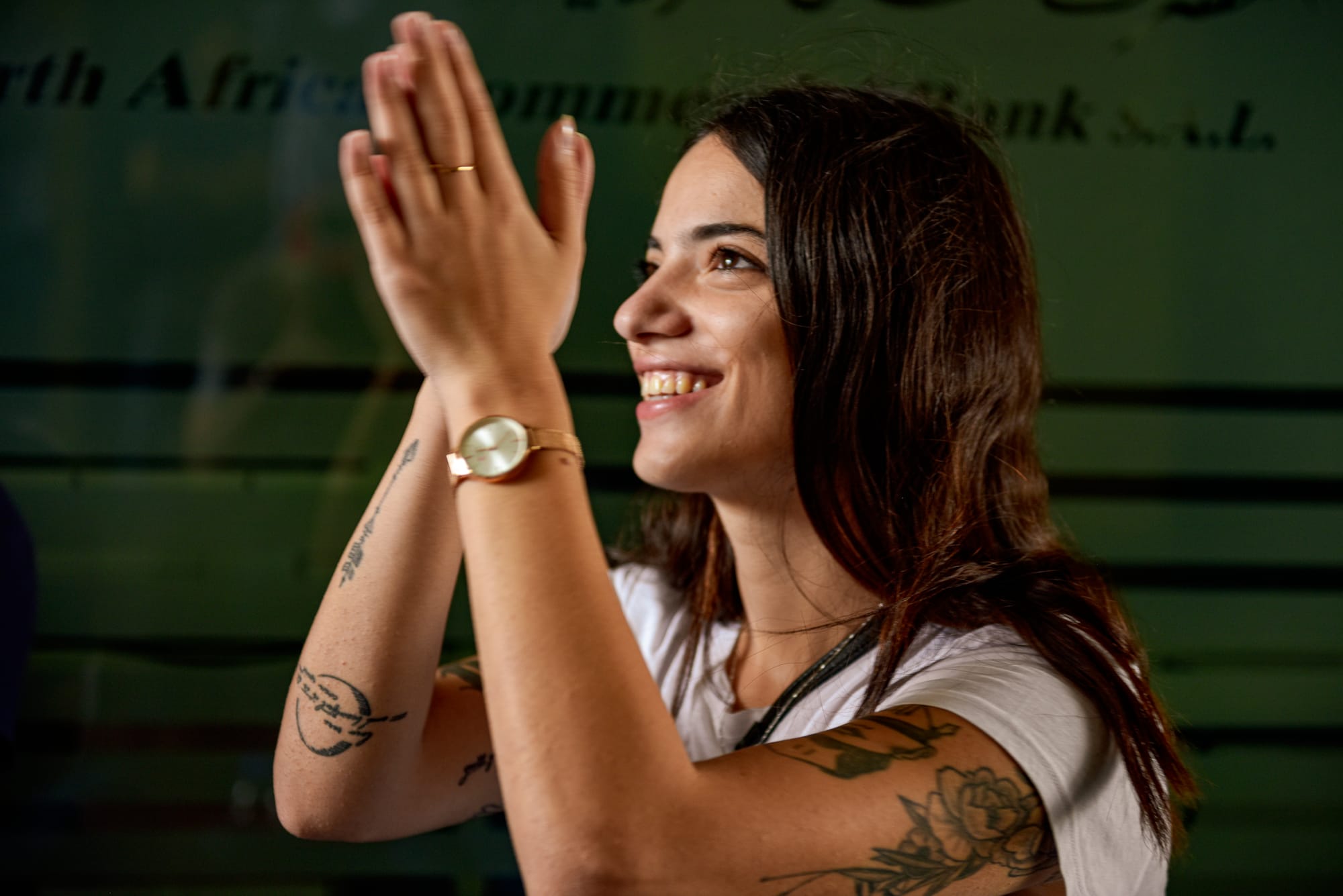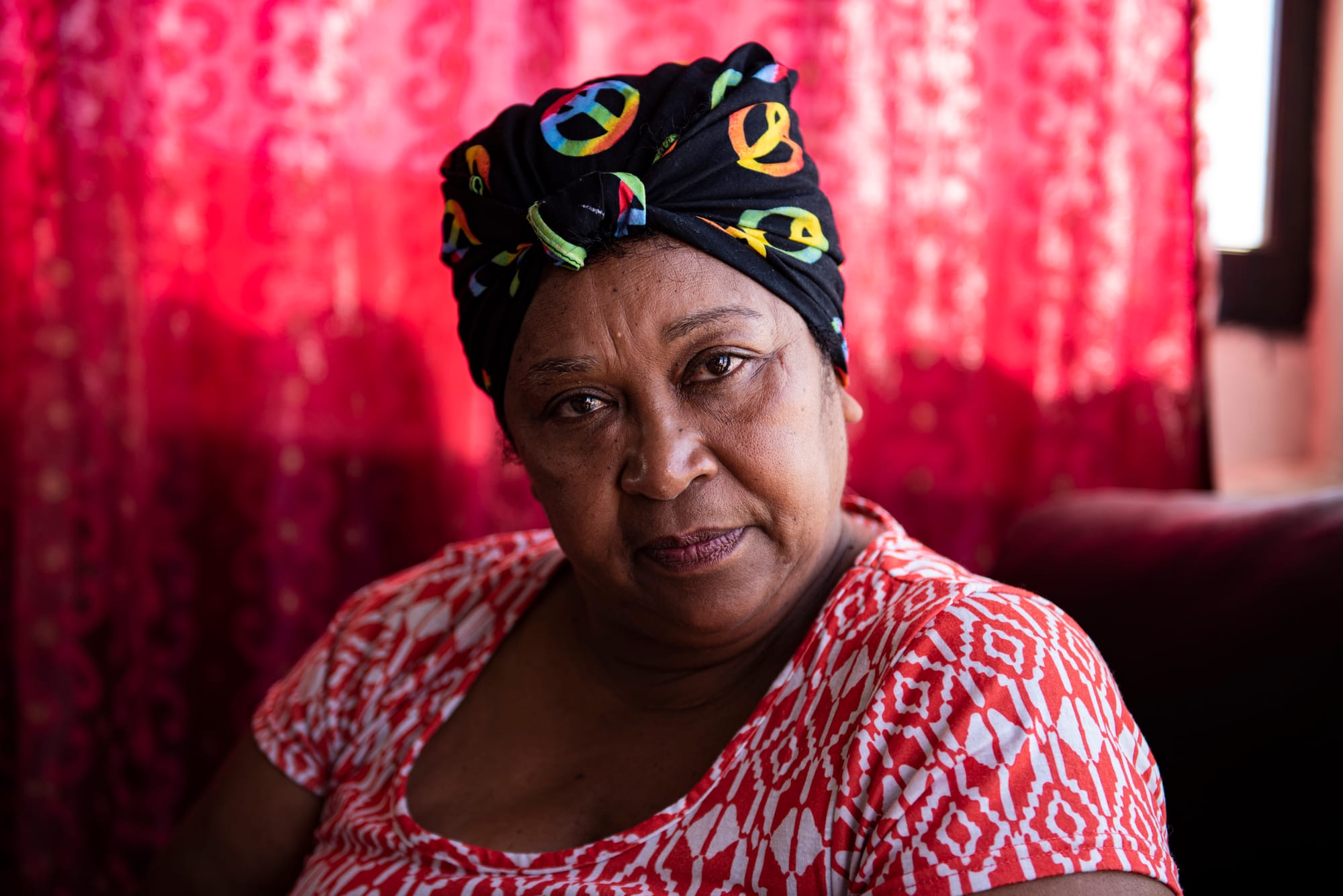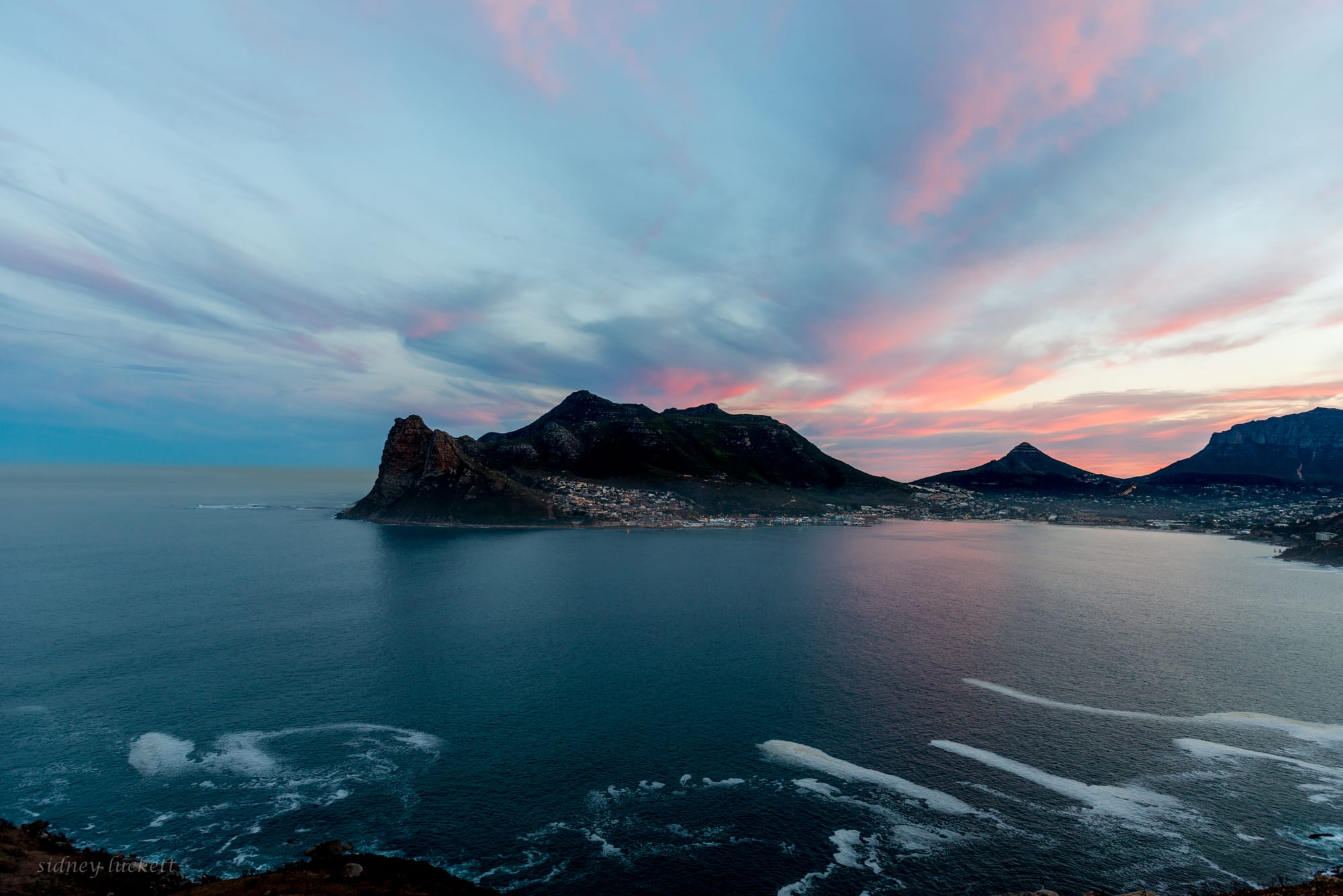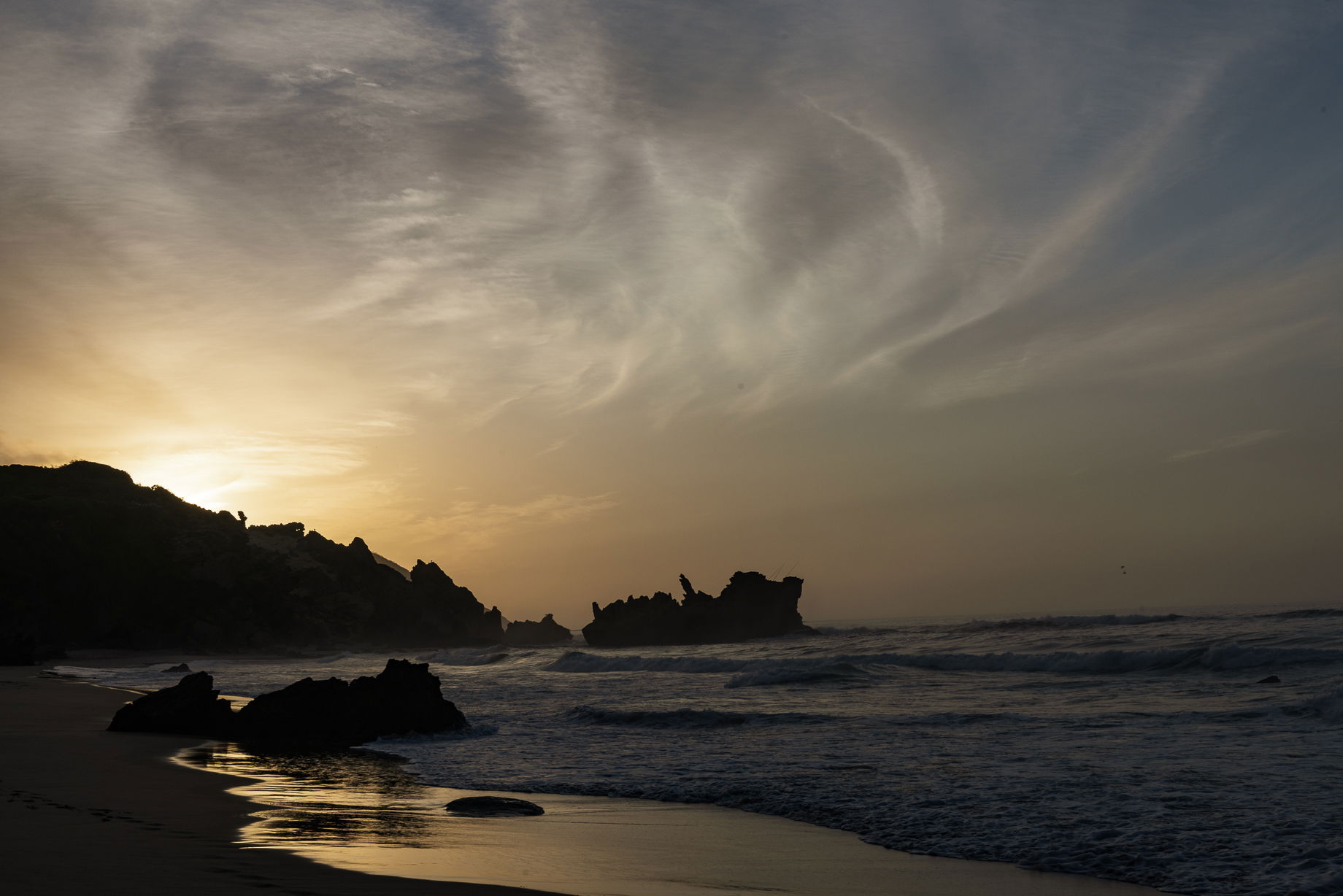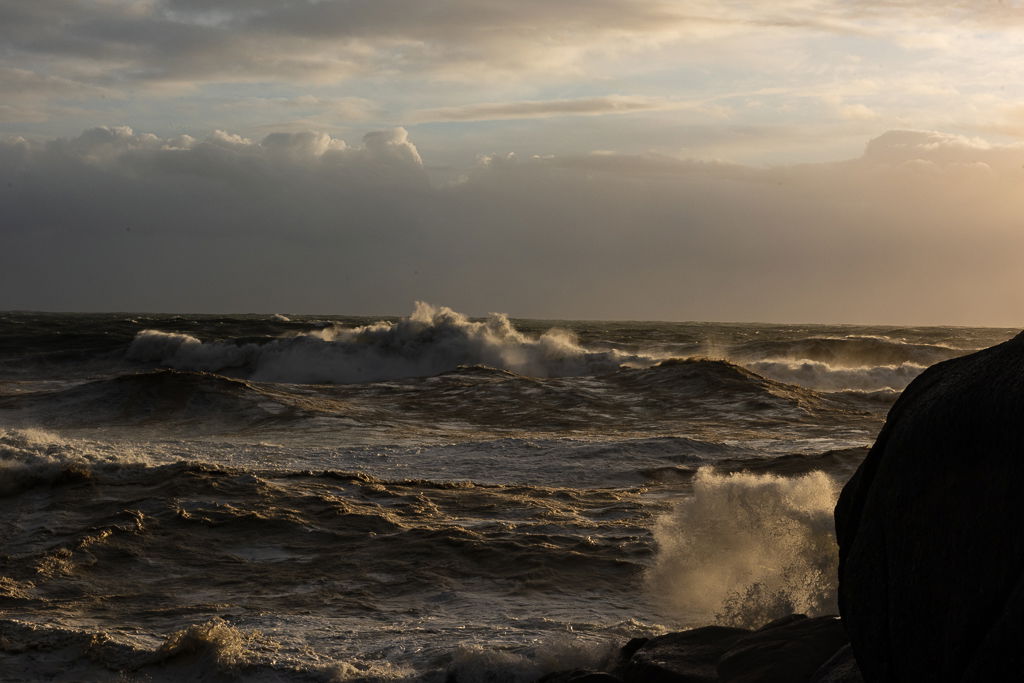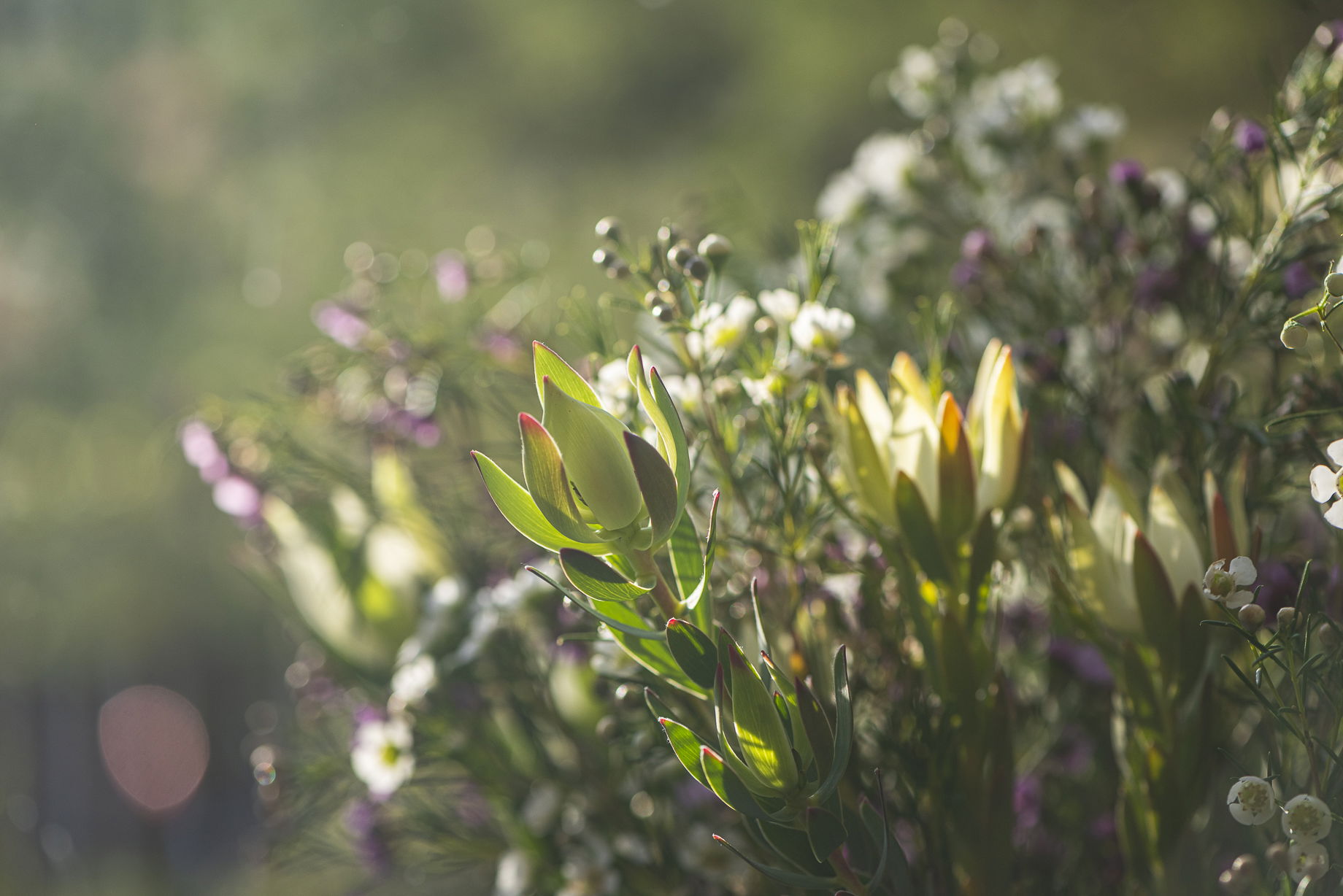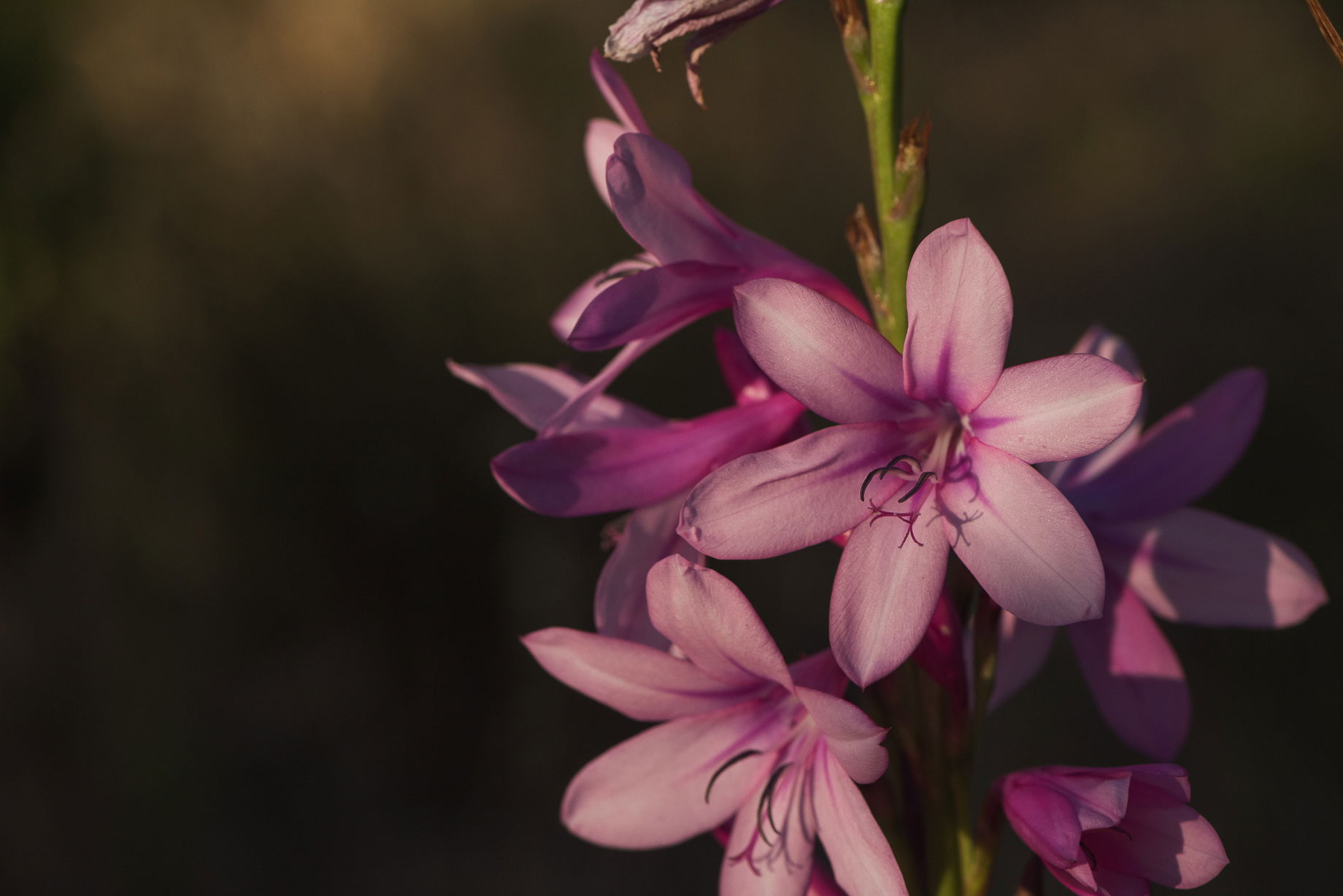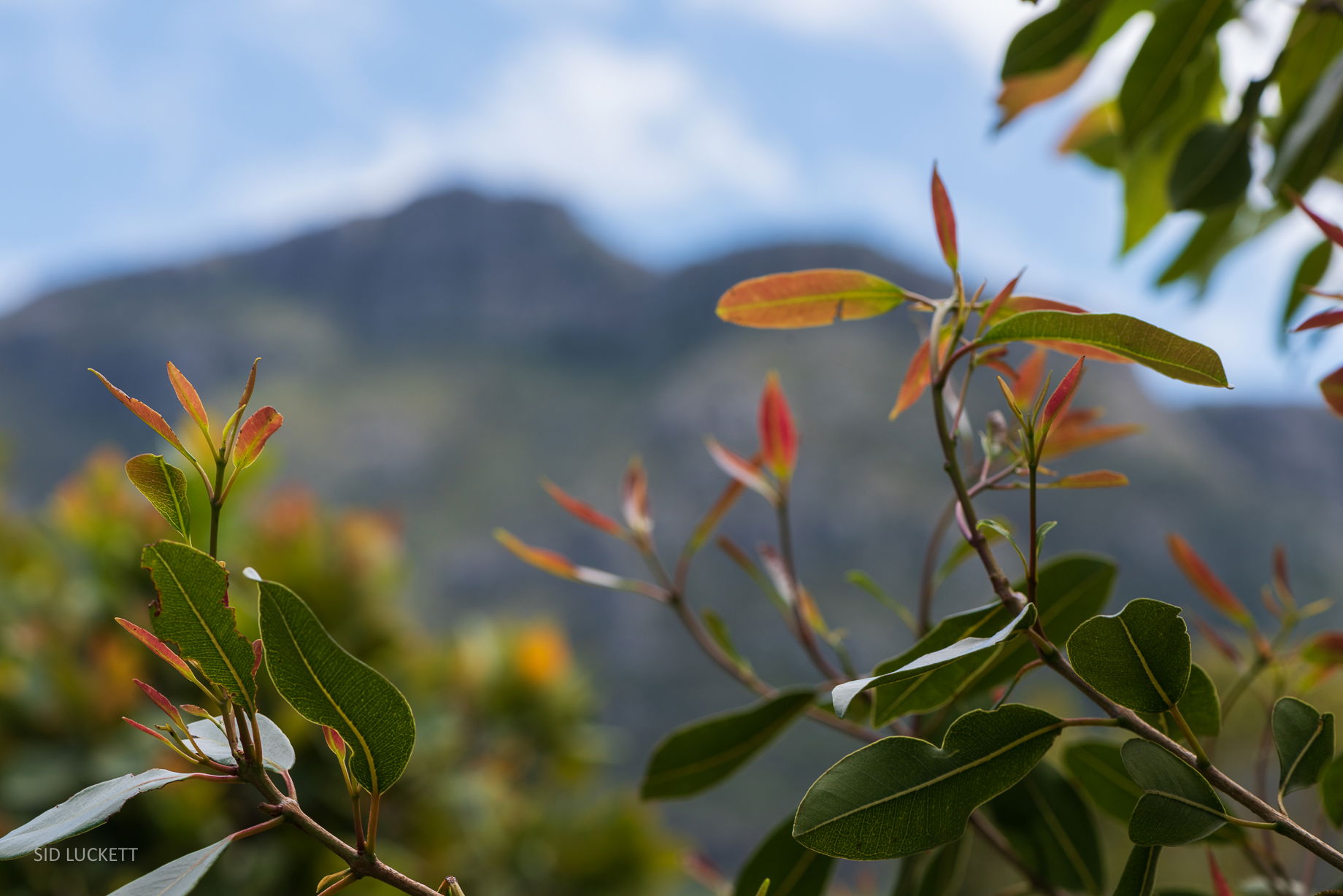An interview that I gave shortly after the #LongMarch2020 from Luxembourg to Strasbourg (March, 2020) for the freedom of Abdullah Öcalan and other political prisoners incarcerated in Turkish jails.
Read MoreSilvertree Photography
My Life-World
~ SidLuckett
About Me
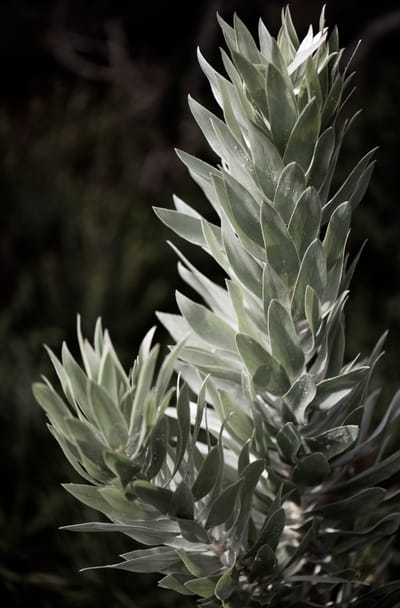
My academic background: after a post-graduate degree in Mathematics and the pursuit of Philosophy at Stellenbosch University, I obtained a Masters degree in Economics at the University of Oxford. Thereafter I studied Theology (again at Oxford) and more than a decade later, as a researcher and lecturer in the intersection between development economics and nature conservation at the Centre for Environment and Development (KwaZulu-Natal), I obtained a PhD in Critical Systems Thinking. Post PhD my working life continued as a director in provincial government. The work was fulfilling, but after four years a radical rupture in this 'assignment' took me to the Harvard Kennedy School for a six month sabbatical. This was an enormously rich period during which I developed strong friendships with students from across the globe; as a consequence my political interests gained an international perspective with a particular interest in the Middle East.
In the 1980s, during a decade-long gap in my academic life, I was an activist priest and played a leading role in the formation of the United Democratic Front, an anti-apartheid mass movement. As a result, I spent a short period in prison, after which I was recruited into Umkhonto we Sizwe, the underground formation of the then banned African National Congress. Post South Africa's Freedom Day, 27 April 1994, I returned to social/environmental justice work. My activist and academic streams have, more recently, found a focus in the intersection between women's freedom, participatory democracy and ecological wholeness, as exemplified in Rojava (North Eastern Syria) and in Chiapas (Mexico).
From my home in Hout Bay, a coastal village nestled in the Cape Peninsula (South Africa), I have travelled to other parts of Africa, Europe and the Middle East; for commissioned work as well as for volunteer solidarity activities (in Lebanon and Kurdistan).
A visit to the artistic hotspot of Beirut in 2013 inspired my passion for photography. This led to my studying a Masters in Documentary Arts (University of Cape Town). I now combine social and environmental justice research and activism with photography.
As a photographer, I am captured by the beauty of the world that surrounds me and by the inherent humanity, dignity and resilience of people in the midst of the destruction of their livelihoods and natural environment.
Stories
In November (2019) I spent a fortnight in the two major Lebanese cities, Beirut and Tripoli, witnessing and participating in activities in and around the main revolutionary squares of these cities.
Read MoreDuring the water crisis, the Kildare Road spring in Cape Town became one of those rare spaces where a diverse public came together in this deeply divided city. Text by Steven Robins with photographs by Sidney Luckett
Read MoreSidney Luckett, a lecturer and photographer based in South Africa, who wrote to us about the “natural resilience” of the Fynbos biome. To illustrate this, he provides stunning visuals of the Protea plants that emerged from the firestorm following felicitous rains. He warns, at the end, that such biomes are at risk of being overrun in the absence of “sound urban planning”.
Read More“What we know today as South African photography emerged in 1948,” said the late Okwui Enwezor, a Nigerian and world-renowned curator and art critic. He was referring to the emergence of Drum magazine, a magazine that gave urbanized black South Africans a platform to challenge the hegemonic representation of Africans in the print media. This essay is a critical examination of Enwezor’s claim that 1948 was the start of a unique South African (social) photography. The year 1948 was a significant year for the people of both South Africa and Palestine, and in discussing the role of photography in both countries, it will be impossible to avoid the name Susan Sontag (I return to her below). While 1948 was the beginning of political ‘catastrophe’ – for Palestinians, the Nakba, and black South Africans, Apartheid – both were forcibly displaced from their homes and dispossessed of their lands.
Read MorePersonal reflections on my involvement with the United Democratic Front which was at the forefront of the resistance to the South African Apartheid state; the UDF was inspired by the vision of the Freedom Charter, a charter which was drawn up at a major conference (1955) of the ANC and it's allies: “South Africa belongs to all who live in it, black and white”. This piece traces the rise and the demise of the UDF as well some suggestions of a way forward for the revival of this vision for ALL who live within the confines of the current South African state.
Read MoreGet in Touch
Contact
- Bokkemanskloof, Hout Bay, Cape Town, South Africa




